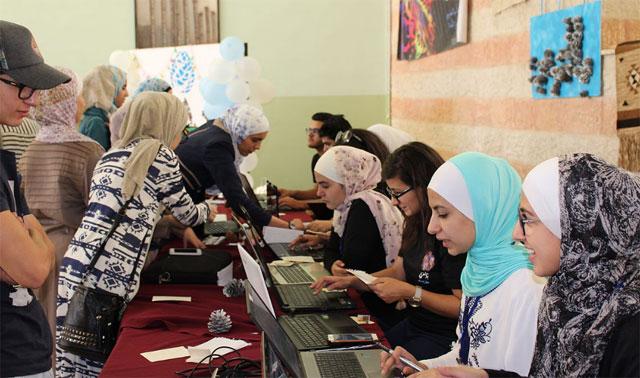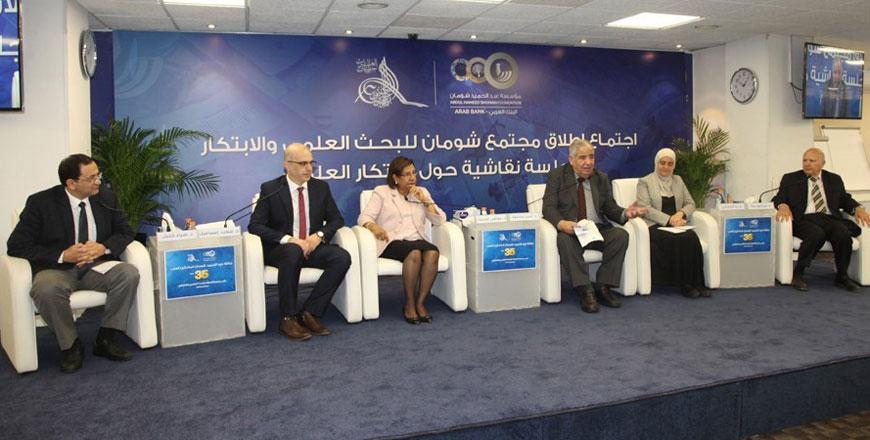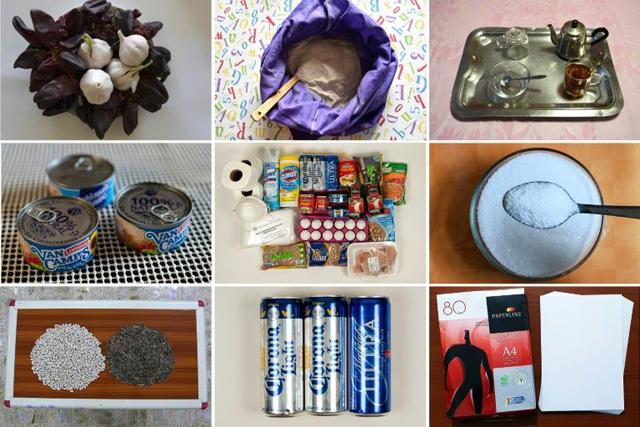You are here
Making knowledge accessible: Students translate online scientific articles into Arabic
By Camille Dupire - Jan 08,2018 - Last updated at Jan 08,2018

Students and doctors from universities across the Kingdom work to translate online scientific articles into Arabic (Photo courtesy of Bel Arabi)
AMMAN — In a bid to raise societal awareness about various scientific topics in Arabic speaking countries, an intiative has been working to translate online medical content into Arabic to help Arabs better understand certain phenomena.
Launched in 2015 upon the idea of Said Ismail, a lecturer at the faculty of medicine, “Bel Arabi” seeks to spread knowledge and awareness in the medical and scientific fields through the provision of certified information available for all.
“People tend to look for medical information online without consulting a professional. But the information they get is not certified, and sometimes erroneous,” said Dania Tobasy, one of the 12 founders of the initiative.
Over 1,400 volunteers have so far helped translate some 1,400 medical terms, spread across all universities in Jordan. Both students and doctors have been striving to make quality and reliable information available to the Arab public.
"I remember how Dr Ismail told us that, when you look at Wikipedia, there are many more articles in Norwegian than Arabic, which is crazy because there is such a larger population of Arabic speakers in the world," Tobasy told The Jordan Times over the phone, adding that “people have the idea that Arabic is not a language for science, that it is better suited for literature but this is not true and we need to change that perception in society".
Divided into thematic sections, Bel Arabi includes translation of engineering articles, scientific topics such as biology, geology, nutrition or physics, among others.
The teams also focus on legal aspects of medicine, by clarifying common law topics for the population to understand.
“We have several projects going on, including an audiovisual library that provides a series of short videos with infographics, making it easier for people to understand through visual explanation rather than written articles,” Tobasy, who is also a project manager in one of the Bel Arabi projects, told The Jordan Times.
The medical series corrects mistakes and wrong medical beliefs, while the scientific one explains natural phenomena and theories. A character series presents major figures who contributed to science, literature and art.
“Because children use the Internet much more than in the past, we also developed the moral values series, which helps raise a respectful and aware generation,” the volunteer said.
To further enhance that knowledge and awareness among children, Bel Arabi has been conducting workshops in schools across the Kingdom, teaching students how to search information online in an "enlightened" way.
"When we were asking them questions, we realised there were a lot of wrong ideas spread among them, about the way to treat some injuries, or to behave in certain situations. Our training sought to help change those biases," Tobasy said.
A year after its launch, the Bel Arabi website has recorded over 700,000 visitors seeking information about a diversity of topics, with one of the articles being visited by at least 12,000 people.
The initiative, which started in Jordan in parallel with Palestine, with a team from Al Najah University, now counts volunteers across the region in Kuwait, Iraq, Syria, and soon to be in Libya, according to a Bel Arabi statement.
It won Kuwait’s best youth volunteering institution award in 2016 and was honoured as one of the three best youth institutions by the Jordanian Astronomical Society in 2017.
"The scientific and medical content translated to Arabic is very important for our children to better understand things and it is essential to bring glory back to one of the richest languages in the world," said Mazen Alnouti, a volunteer with the initiative.
Related Articles
AMMAN — A panel at the Abdul Hameed Shoman Foundation (AHSF) on Sunday discussed the obstacles of conducting scientific research in the Arab
TRIPOLI, Lebanon — Browse through Arabic-language social media pages and you could walk away thinking COVID-19 is an American hoax, isn't de
TRIPOLI, Lebanon — Browse through Arabic-language social media pages and you could walk away thinking COVID-19 is an American hoax, is

















